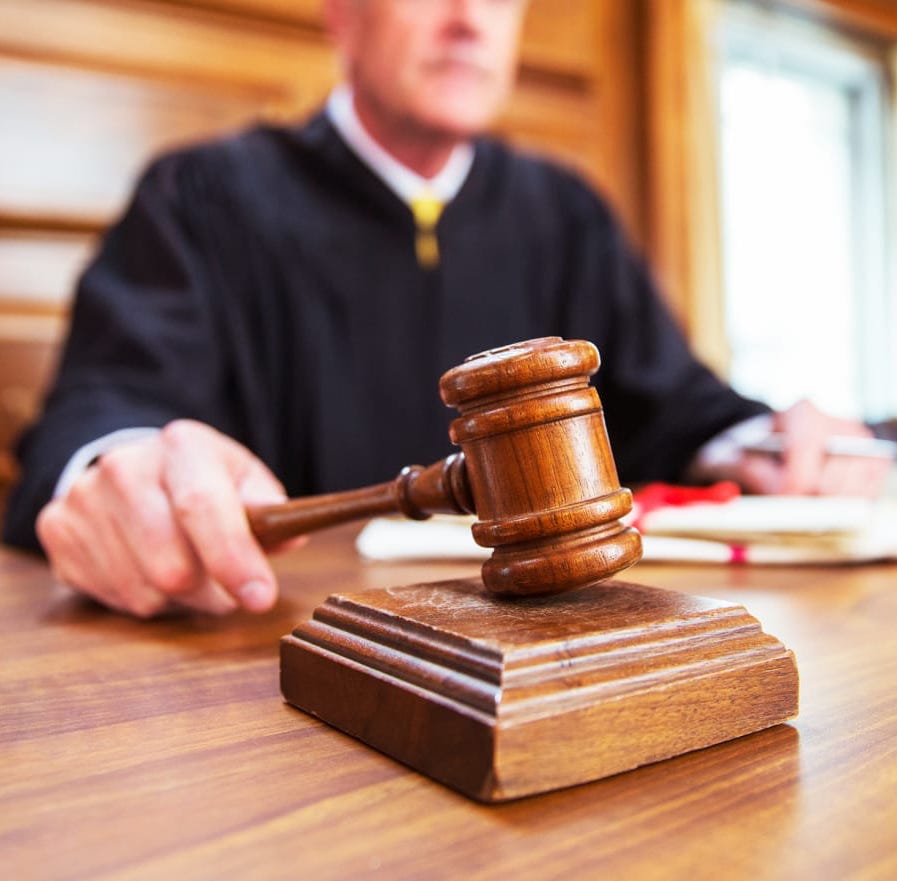The Judiciary Power of the Nation is one of the three powers of the Argentine Republic and is made up of the Supreme Court of Justice, and the other lower courts, both at the federal and provincial levels. It is regulated in the third section of the second part of the Constitution of the Argentine Nation.
The appointment of the judges is carried out by the President of the Nation with the agreement of the Senate, on the basis of a short list made up of candidates selected in public competition by the Council of the Judiciary, a multisectoral body, which is in charge of direct control of the judges and the administration of the Judicial Power.
Judges remain in their posts “for the duration of their good conduct” and can only be removed in the case of serious infractions, by a Trial Jury, made up of legislators, magistrates and lawyers.
The Constitution created a double judicial order
There is in the country, on the one hand, a National Justice that exercises its powers throughout the territory of the republic, with respect to the matters mentioned in article 116 of the National Constitution (federal jurisdiction), and without that limitation in the places subject to the power of the national government; and on the other hand, an ordinary and common Justice that exercises its functions through the judicial bodies that each province must create and organize regardless of the central government (articles 5, 121, 123 of the National Constitution) and whose competence covers the knowledge of all the points governed by common and local law, with the limitations established in article 75 inc. 12 of the National Magna Carta (naturalization, nationality, bankruptcies, forgery of current currency and public documents of the State and matters that require the establishment of a trial by jury).
Federal justice
In accordance with the provisions of article 116 of the Constitution, the Supreme Court and the lower courts of the Nation are responsible for hearing and deciding all cases that deal with points governed by the Constitution and by national laws, except those cases that correspond to the provincial justice; and by international treaties; of the causes concerning ambassadors, public ministers and foreign consuls; of the causes of admiralty and maritime jurisdiction; of the matters in which the Nation is a party; of the causes that arise between two or more provinces; between one province and the neighbors of another: between the neighbors of different provinces: and between a province or its neighbors, against a State or foreign citizen.
Supreme Court of Justice of the Nation
The Supreme Court of Justice of the Nation is the highest court of justice in the country. The Court has original jurisdiction over certain matters that are regulated in article 117 of the Constitution.
It is also the last decision-making instance by way of appeal, if the case raises a federal question, which entails the need to decide on a conflict arising between two laws of equal or different rank or with respect to international treaties.
Judicial Council
It is regulated by a special law sanctioned by the absolute majority of all the members of each House of Congress, it is in charge of the selection in public competition of the candidates for judges and the conformation of short lists, of which, the President of the Nation with the agreement of the Senate, chooses the new judge. It also manages the Judiciary, supervises the judges and sets in motion the mechanism for their removal by a Trial Jury.
Provincial Justice
Each of the provinces of Argentina, based on the autonomy granted by the National Constitution in its article 5, establishes the administration and organization of ordinary justice within its territory. In addition, each of the provinces has its own judicial organization to exercise ordinary justice.

